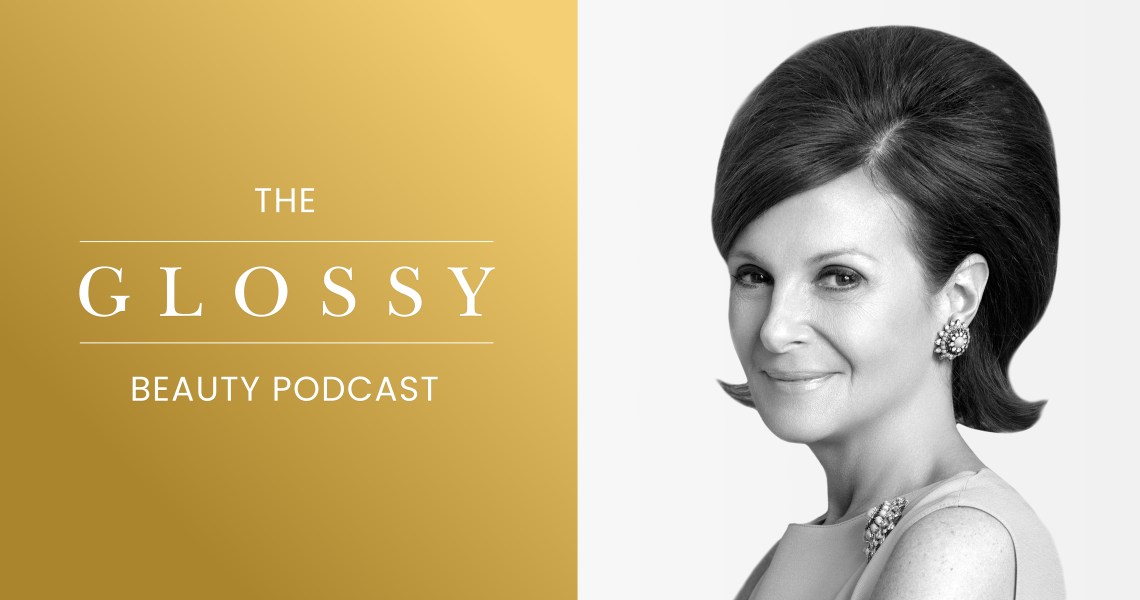Subscribe: iTunes | Stitcher | Google Play | Spotify
In 1992, Laura Slatkin had no interest in home fragrance.
She had spent 12 years building a successful career for herself working on Wall Street, where she met her husband. After they were married, her brother-in-law had an interior design business that was booming and was looking for partners to help him expand, when Slatkin and her husband signed on. Together, the three went on to create Slatkin & Co., which launched in Saks Fifth Avenue and was one of the first luxury home fragrance brands on the market.
In 2005, Slatkin & Co. was acquired by Limited Brands, leaving Laura in a position to choose her own destiny. Saddled with a non-compete clause, she spent the next three years helping high-end designer brands develop fragrances on their own. These projects were successful for the most part, but Slatkin felt like there was a missing piece of the puzzle.
“As I was developing scents for other brands — be it Tory Burch or Ralph Lauren or Vera Wang — when they went to market, they were successful, predominately in their own stores. But there was something missing,” says Slatkin. “I discovered that the consumer really wanted a brand that was important — somebody that had integrity and authority in the home fragrance industry. They wanted a home fragrance company. They didn’t want a fashion designer’s candle, or a department store’s candle, or a cosmetics company’s candle. They wanted a real company, and I felt that. That’s why I decided I had to do it myself.”
It was with that notion that Nest Fragrances was born. Since its inception, the brand has expanded its offering of home fragrances and moved into new categories such as fine fragrance and, most recently, personal care. As the brand continues to grow, Slatkin hopes to turn her luxurious, yet approachable brand into an all-around lifestyle for her customers.
On this week’s episode of The Glossy Beauty Podcast, Glossy beauty editor Priya Rao sits down with Laura Slatkin, founder and executive chairman of Nest Fragrances, to talk about the brand’s beginnings, its expansion into new categories and its plan to turn fragrances into a lifestyle. Below are excerpts from the conversation, edited for clarity.
Home fragrance meets personal care
“The personal care collection is all about, ‘How do we deliver fragrance in products that consumers use today, on-the-go? And how do we fit fragrance into their lifestyle?’ So if you’re running off to a yoga class and then you’re going to brunch, we’ve created all these wonderful on-the-go products — fragrance wipes, body mists, body and hand creams — and it’s a collection of personal products that is really catered to a modern lifestyle.”
Nest’s brick-and-mortar expansion
“We’ve talked about different distributions and how our brand has divided itself — fine fragrance is at Sephora, personal care is at Ulta — but our shop is where it all comes together. It’s where we bring all of our categories together and start to ideate, ‘How are we going to bring this brand together under one roof?’ It all rolls out from there. We’ve been working on the design of the shop throughout the year: It was a pop-up through December for holiday, then in January we closed down, and then in February we opened our permanent shop.”
Using consumers’ imagination to sell fragrance online
“So when we started talking about fine fragrance, I always thought, ‘Let’s talk about fine fragrance in the same way we talk about home fragrance.’ So, what are the ingredients? What kind of mood does it create? I wore Coco Chanel for 15 years, and I have no idea what’s in Coco Chanel. So when I started to create the fine fragrance collection, I really wanted to start talking about ingredients and the mood the fragrance creates, and that is something that we’ve really focused on. When you start to talk about fragrance in those terms, people really start to call upon their olfactory memories and slip into a zone where they’re really going to understand what that fragrance smells like.”
Home fragrance across generations
“I think about the difference in approach to home fragrance between baby boomers and millennials all the time. My daughter’s in college, and she burns candles to study, and all her friends do, too. All her friends are using their scented candles or diffusers, and it’s really a part of their lifestyle. I truly mean that. Home fragrance is a very important part of a millennial’s lifestyle. For baby boomers, they too enjoy home fragrance, but not in the everyday sense that millennials do. Instead, when they’re having people over, they’re lighting their candles and getting more into the routine of it.”




